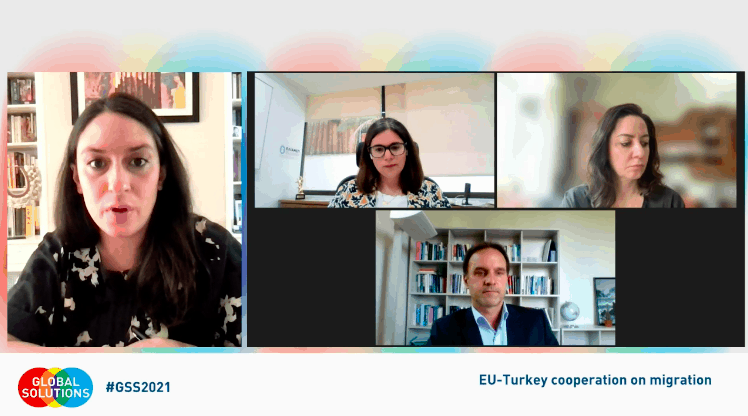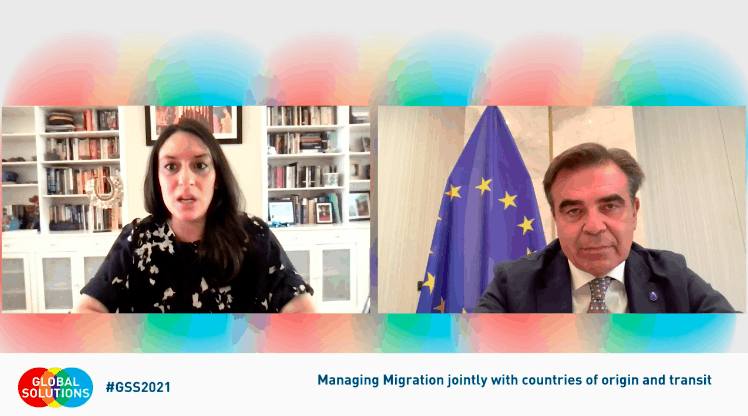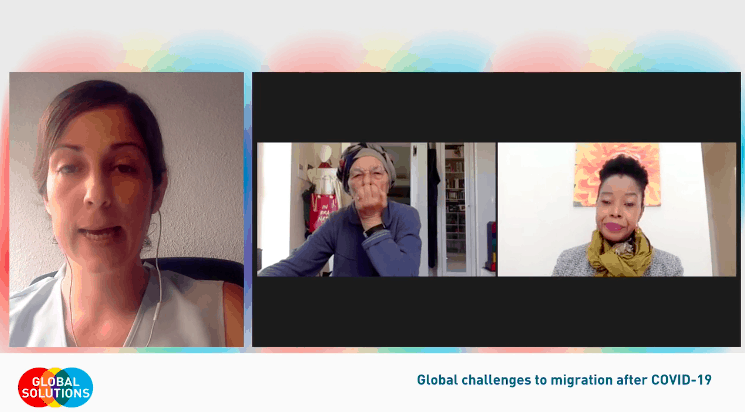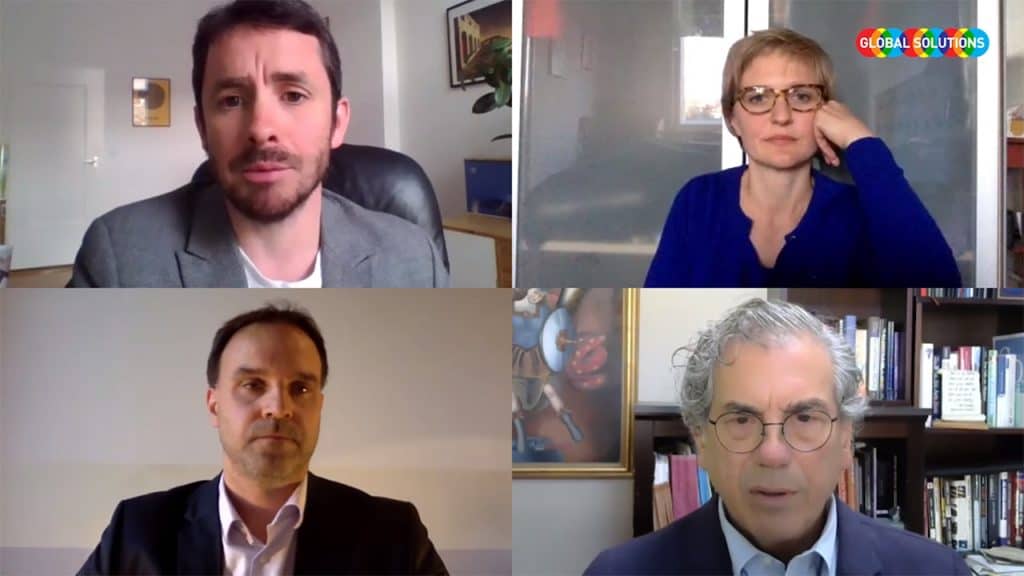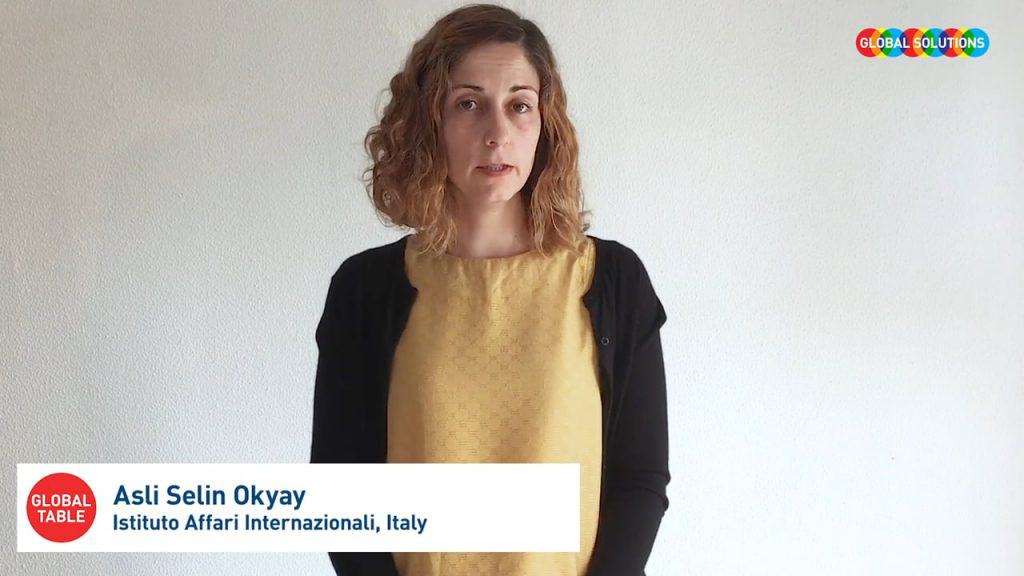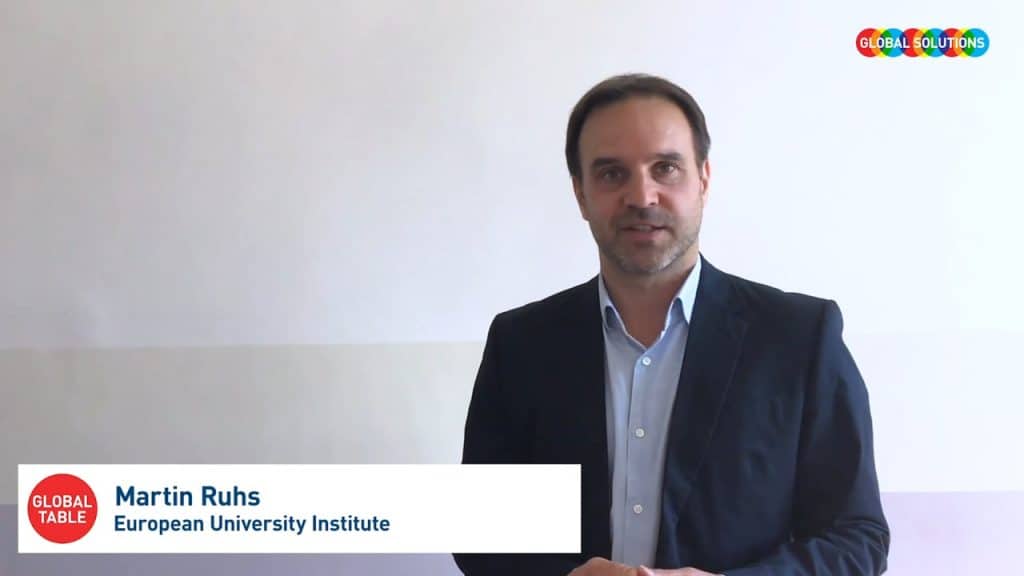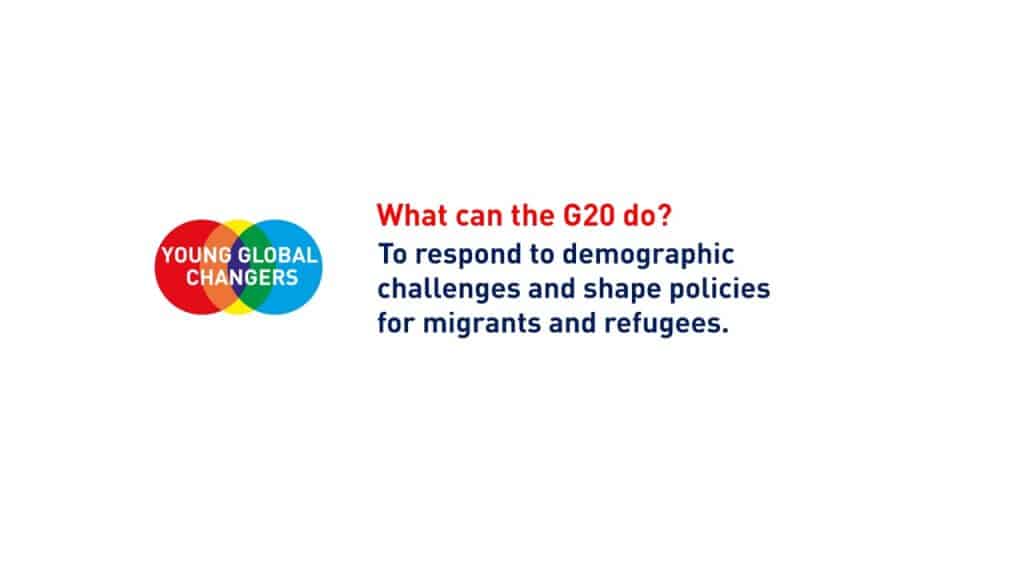Do you have ideas for a Global Solutions Hub or would you like to submit your own Solution Session? Please contact us ([email protected]).
Following the large increase in the number of refugees and other migrants applying for asylum in Europe in 2015-16, EU Member States have been engaged in highly divisive debates about how to reform the EU’s asylum and refugee policies. To debate and decide on competing ideas about policy reform, it is crucial that we understand better the public’s preferences for the various different dimensions of asylum and refugee policies. What asylum and refugee policies do Europeans want, and why? How does the design of asylum and refugee policies affect public support and opposition? How do the answers to these questions vary across European countries? And what are the implications for policy debates in Europe and beyond?
MEDAM researchers have analyzed public attitudes to asylum and refugee policies in eight EU Member States: Austria, France, Germany, Hungary, Italy, Poland, Spain, and Sweden. Their findings show remarkable similarities in public policy preferences across European countries: Europeans want to protect refugees but prefer a policy approach that sets limits and conditions. And as long as there are elements of control, the findings show that even individuals with low trust in European institutions can systematically support policies that provide protection and assistance to refugees.
The aim of this Global Table is to discuss the available evidence on public preferences for asylum and refugee policies and consider the implications for policy-making. The debate will also shed light on how Europeans’ attitudes to asylum and refugee protection compare to public policy preferences in other regions of the world, and address the implications for non-European G20 countries.
Visit this Global Solution HubSolution Sessions
Experts
The demographic structure of G20 countries differs significantly: Aging societies, such as Japan or European countries face significant challenges for their welfare states and the effectiveness of macroeconomic policies. Young societies, such as Turkey or Saudi Arabia, face significant challenges with youth unemployment and the school-to-work transition. This Global Table will address policy responses for aging and young societies, the interconnection of these, as well as the role of migration in shaping future societies.
Visit this Global Solution Hub

